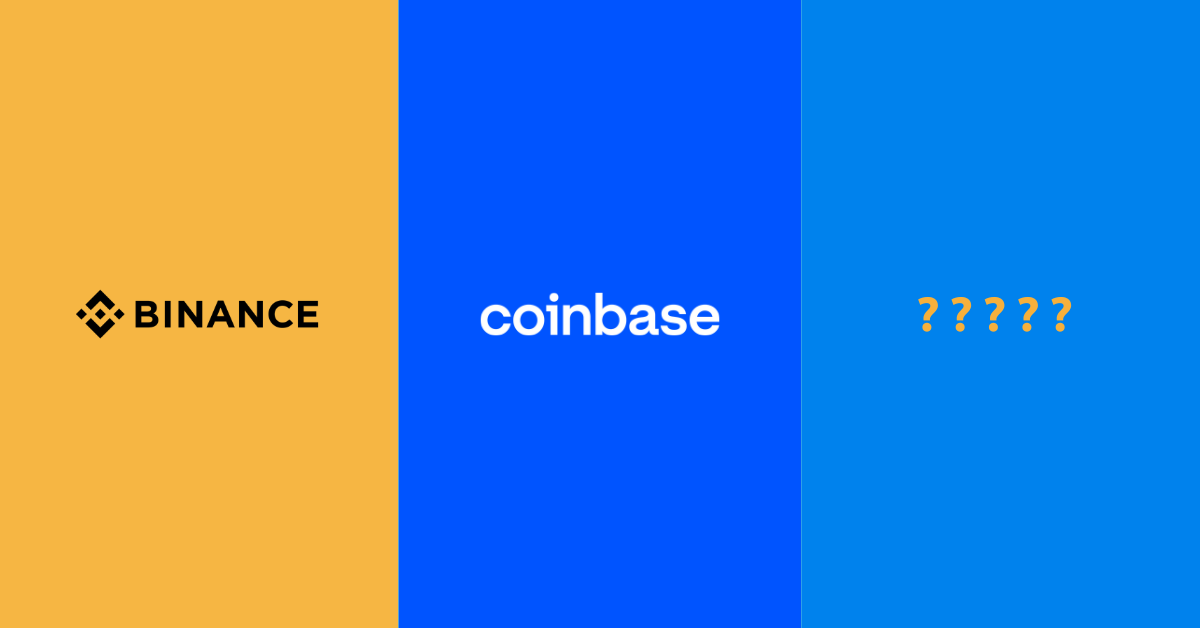Cambodia Blocks 16 Crypto Exchange websites Including Binance and Coinbase

Cambodia has blocked 16 cryptocurrency exchange websites, including major names like Binance, Coinbase, and OKX, to regulate the fast-growing but mostly unregulated crypto market. However, while the websites are blocked, their apps still work, leaving many questioning how effective this move is.
Why the Crackdown?
The Cambodian government is under pressure to address its reputation as a hotspot for cybercrime and crypto-related scams. Reports from the UN Office on Drugs & Crime revealed that criminal groups in Cambodia exploit cryptocurrencies for illicit activities, including money laundering and dark web transactions
Adding to this, a Chainalysis report highlighted over $49 billion in crypto transactions tied to Huione Guarantee, a key player within the Cambodian conglomerate Huione Group.
Cambodia Gov Targeting Unlicensed Platforms
The Telecommunication Regulator of Cambodia (TRC) issued a directive on November 20, blocking 102 websites. While many targeted platforms were linked to online gambling, the inclusion of Binance and other major crypto platforms surprised many.
The TRC explained that these platforms didn’t have proper licenses from Cambodia’s Securities and Exchange Regulator (SERC).
Binance has partnerships in the country, including a 2022 agreement with SERC to assist in developing crypto regulations. Binance also provided training on crypto-related crime detection to Interior Ministry officials in mid-2023.
Despite these actions, Cambodia’s relationship with Binance makes the situation more confusing.
Limited Licensed Options
Currently, only two companies are authorized to operate digital asset businesses under Cambodia’s “FinTech Regulatory Sandbox” program. Even these licensed companies can’t convert digital assets into local or foreign currencies, limiting their use.
Crypto Demand Remains Strong
Despite the crackdown, Cambodia remains a significant player in the global crypto landscape. It ranks among the top 20 countries for retail crypto usage per capita, with centralized exchanges handling 70% of transactions.
Broad-based restrictions often fail where organic demand and practical applications exist,” noted Chengyi Ong, Chainalysis’s head of Asia-Pacific policy.
This sentiment suggests that Cambodia’s crypto market may adapt and continue to thrive, even under tighter regulations.



